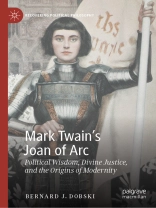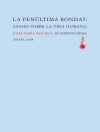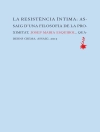This book is about the political wisdom embodied in Personal Recollections of Joan of Arc by Mark Twain, the self-declared best book by arguably America’s greatest author. More precisely, this study illuminates Twain’s political wisdom by examining his approach to the theological-political problem; it takes up Twain’s handling of the question of whether a providential deity intervenes in human affairs so as to effectuate divine justice on earth and it does this through...
قائمة المحتويات
Chapter One: Introduction.- Part One.- Chapter Two: The Puzzles of Mark Twain’s Joan of Arc.- Chapter Three: Twain’s Interest in Religion & the Divine Right of...
عن المؤلف
Bernard Dobski is Professor of Political Science at Assumption University, USA. He is the coeditor of Shakespeare and the Body Politic (2013) and Souls with Longing: ...












